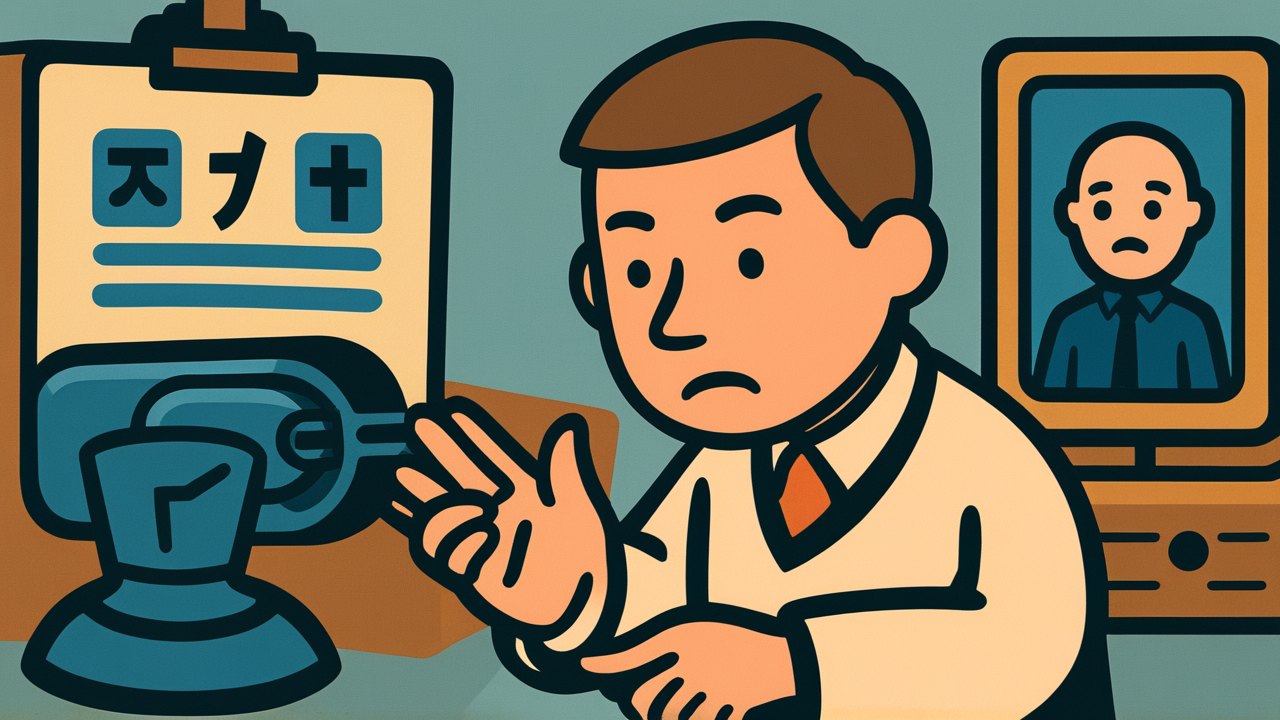How to Read “安かろう悪かろう”
yasukarou warukarou
Meaning of “安かろう悪かろう”
“Cheap probably bad probably” is a proverb meaning that inexpensive products are also inferior in quality.
This proverb expresses that there is a correlation between the price and quality of products. It suggests that there are reasonable reasons why things are sold at low prices. It represents the business mechanism where cutting material costs, simplifying manufacturing processes, or lacking technical skills ultimately results in products of inferior quality.
As for usage scenarios, it is often used as a criterion for judgment when shopping, particularly as a warning when considering purchases based solely on low prices. It is also utilized in situations where the necessity of considering the balance between cost and quality when making choices is emphasized. The reason for using this expression is to concisely convey practical wisdom based on experience. Even today, it is understood as a fundamental way of thinking for consumers when selecting products.
Origin and Etymology
The origin of “Cheap probably bad probably” is said to be a proverb born from actual experiences in commerce during the Edo period. This expression became established as the wisdom of merchants who succinctly expressed the relationship between product prices and quality.
The Edo period was an era when commerce developed and various quality products began to circulate in the market. Depending on craftsmen’s skills and materials used, significant price differences emerged for similar products on a daily basis. Particularly for kimono, crafts, and daily necessities, cheaper items were often made using inferior materials and with labor-saving methods.
“Karou” is an old expression indicating conjecture, meaning “probably.” In other words, it shows the correlation that “cheap things are probably bad, bad things are probably cheap.”
The background to this proverb becoming widely used lies in Edo’s common culture. Common people who needed to shop wisely within limited incomes passed this down as a lesson to avoid failures. They embedded the importance of cultivating an eye for discerning products in simple, memorable words.
Usage Examples
- This smartphone case has an attractive price, but it might be cheap probably bad probably
- When I asked a budget repair company, as expected, it was cheap probably bad probably and ended up needing to be redone
Modern Interpretation
In modern society, the concept of “Cheap probably bad probably” presents a more complex aspect. With the development of globalization and mass production technology, situations where the traditional relationship between price and quality doesn’t necessarily hold true have increased.
Particularly noteworthy are changes in the technology industry. In smartphones and computers, emerging companies including Chinese manufacturers are increasingly providing products that are high quality yet significantly cheaper than conventional products. This is backed by improvements and efficiency in manufacturing technology, as well as the high profit margins of existing brands.
On the other hand, in the fields of fast fashion and budget food, the structure indicated by this proverb still exists. Behind inexpensive products, issues such as labor environment problems, environmental burden, and heavy use of additives are often hidden.
Modern consumers need to consider not only the simple relationship between price and quality, but also corporate social responsibility and sustainability. The ability to understand the true cost of being “cheap” and judge value from a long-term perspective is required.
Additionally, with the spread of subscription services, business models have emerged where initial costs are low but ongoing costs become high, diversifying the very definition of “cheapness.”
When AI Hears This
Our brains actually have a mysterious mechanism where simply seeing a price changes how we perceive taste and quality.
In a Stanford University study, researchers had people taste the exact same wine with price tags of “$10” and “$90.” An overwhelming majority said the $90 wine was “clearly more delicious.” Even more surprising, brain scans showed that the parts of the brain associated with pleasure were actually more active when people were drinking the higher-priced wine.
In other words, the assumption that “expensive = good” genuinely increases satisfaction. This is called the “price-quality illusion.”
Today, improvements in manufacturing technology have dramatically increased the quality of even inexpensive products. For example, many stationery items from 100-yen shops perform just as well as luxury products from the past. Yet we unconsciously assume that “cheap things are inferior.”
Companies skillfully exploit this psychology too. It’s not uncommon for sales to increase simply by raising the price of the same product and calling it a “premium version.”
“You get what you pay for” may no longer be about quality, but rather an illusion created by our own assumptions. To recognize true value, we need to remove the tinted glasses of price.
Lessons for Today
What “Cheap probably bad probably” teaches modern people is the importance of not being misled by superficial cheapness and discerning true value. This doesn’t simply mean to buy expensive products.
In modern society, where information overflows and there are countless choices, we are constantly forced to make judgments. In such times, this proverb teaches us the habit of thinking about “why it’s cheap.” It’s important to cultivate an eye that can distinguish whether the cheapness is due to corporate effort or the result of sacrificing quality.
Additionally, this proverb also shows the importance of a long-term perspective. Rather than jumping at immediate cheapness and ultimately losing out, choosing something satisfying at an appropriate price ultimately leads to being economical and enriching the heart.
In modern times, it’s an era of considering “true cost” that includes not only price but also environmental considerations and working conditions. By paying attention to the social costs hidden behind cheapness and making choices that align with one’s values, one can lead a more fulfilling consumer life. Becoming a wise consumer also connects to creating a better society.



Comments